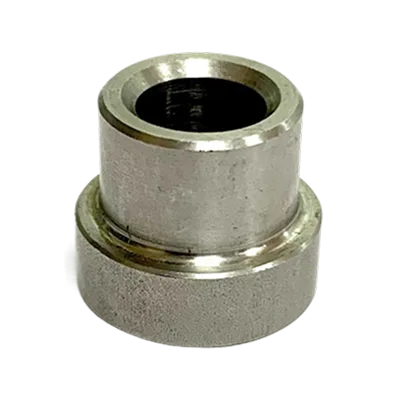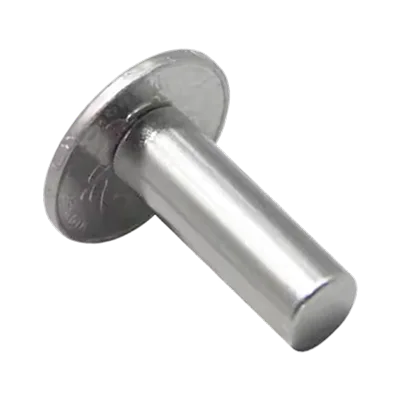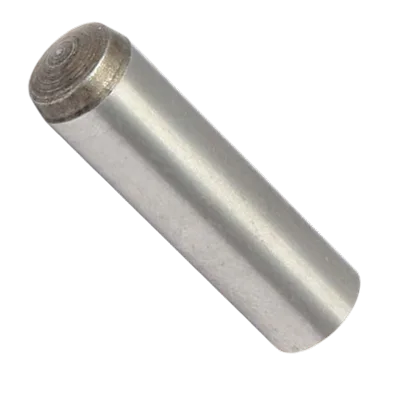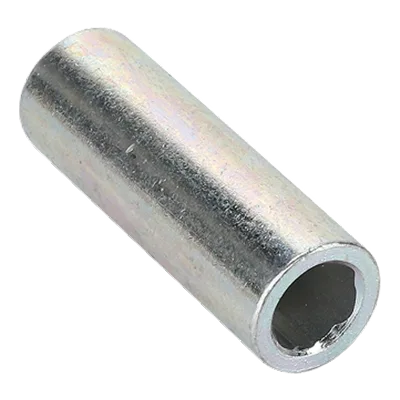Frequently Asked Questions
What differentiates industrial metal nuts from conventional ones?
Industrial metal nuts are manufactured under stricter tolerances, using specific materials designed to withstand high mechanical loads, vibrations, and corrosive environments. Unlike household nuts, they are designed to integrate into assembly lines and meet the technical standards of sectors such as automotive or machinery manufacturing.
Which machining or forming processes are most suitable for producing metal nuts?
Cold stamping is ideal for standardized nuts and high-volume production, as it ensures repeatability and strength. Screw machining (decoletage), on the other hand, is better suited for special nuts or medium-sized batches where complex geometries or precision finishes are required.
What types of threads can be manufactured in series-produced metal nuts?
Nuts can be manufactured with metric threads, UNC/UNF, Whitworth, or other international standards, depending on customer requirements. The choice depends on the equipment or the standards of the sector in which they will be used, ensuring compatibility with screws or bolts.
How does the choice of material affect the performance of a metal nut?
The material determines tensile strength, load capacity, and durability. For example, stainless steel offers corrosion resistance, carbon steel is ideal for high-load applications, and brass is often used in electrical or plumbing sectors due to its conductivity and resistance to oxidation.
What quality controls are critical in the manufacturing of metal nuts?
In addition to dimensional and thread-pitch verification, it is essential to carry out hardness tests, mechanical strength checks, and surface treatments (such as galvanizing or anti-corrosive coatings). These controls ensure the reliability of the nut in demanding service conditions.










